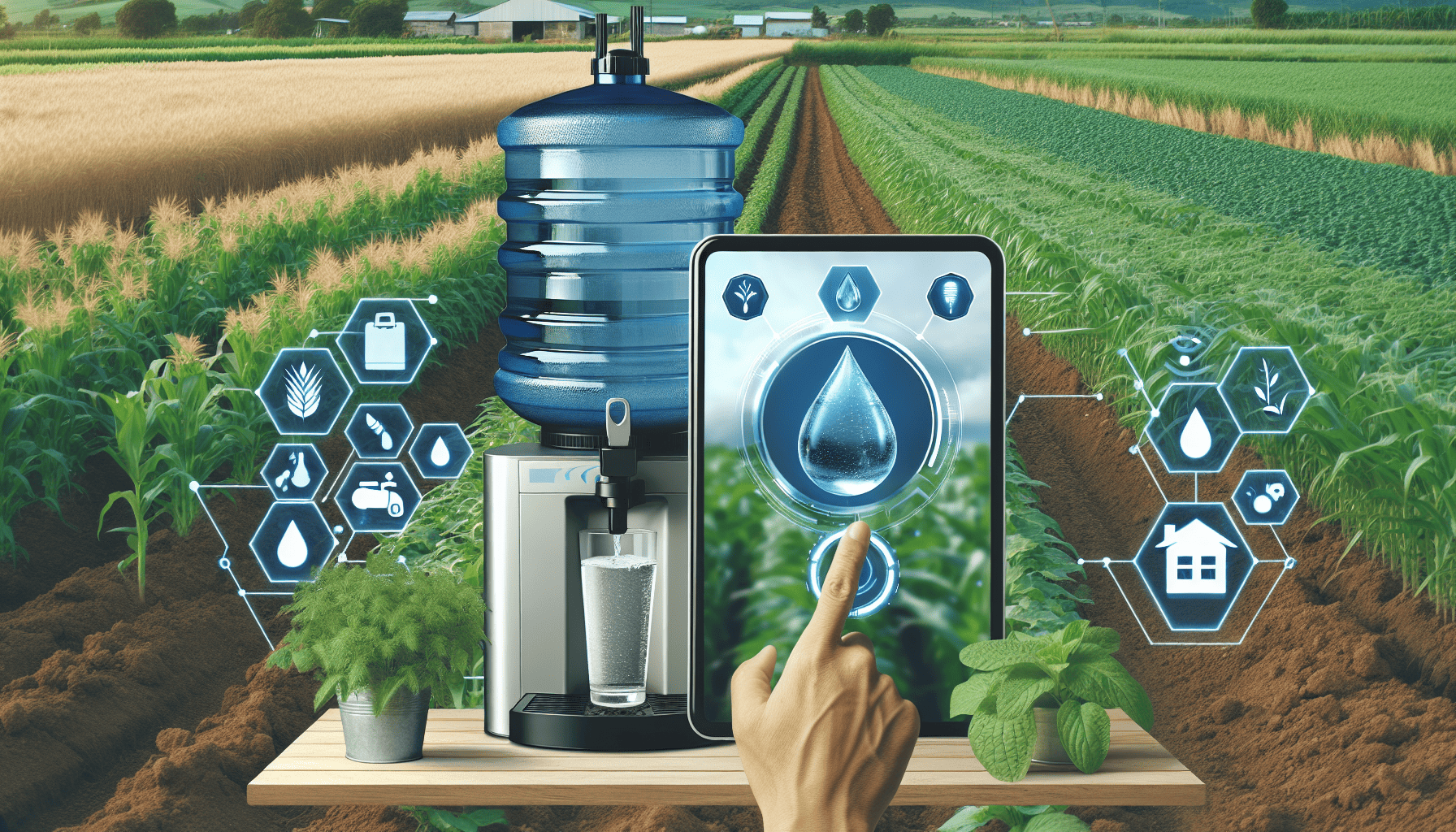In today's rapidly evolving agricultural landscape, efficiency and sustainability are key components of successful farming practices. Advanced water dispensers offer a vital upgrade to traditional hydration methods, ensuring that crops and livestock receive the precise amount of water they need, minimizing waste, and optimizing resource use.
Modern water dispensers for farming are designed with cutting-edge technology, making them a cornerstone of innovative agricultural systems. These dispensers come equipped with advanced sensors and smart monitoring systems, which allow farmers to track water usage in real time. By integrating these systems with weather data and soil moisture levels, farmers can make informed decisions about when and how much to water, ultimately enhancing crop yields and promoting healthy livestock.
One of the standout features of these advanced water dispensers is their ability to deliver water with precision. Unlike conventional methods that can be prone to over- or under-watering, these devices ensure that each plant receives the right amount of hydration. This precise water delivery not only conserves valuable water resources but also minimizes the risk of diseases that thrive in overly wet or dry conditions.
For livestock, advanced water dispensers provide clean and reliable hydration, crucial for maintaining health and productivity. These systems are designed to prevent contamination by ensuring water is dispensed at a consistent flow, reducing the likelihood of stagnation and the growth of harmful bacteria. Furthermore, with automation features, farmers can rest assured that their animals have access to water even when they're busy with other tasks.
Energy efficiency is another significant benefit of modern water dispensers. Many models are designed to operate on renewable energy sources like solar power, further reducing the farm's carbon footprint. This aligns with the growing trend toward sustainable farming practices, where reducing environmental impact is as important as increasing productivity.
The economic advantages of investing in advanced water dispensers are evident. By optimizing water use, farmers can cut down on water-related expenses, such as energy costs for pumping and treating water. Additionally, with healthier crops and livestock, farm income can increase, providing a quick return on investment.
In conclusion, advanced water dispensers represent a pivotal step forward in farming technology. They not only offer a sustainable solution to water management but also bring significant economic benefits. As the agriculture sector continues to face challenges from climate change and resource scarcity, adopting such innovative systems will be crucial for future-proofing farming operations. Outside of improving operational efficiency, these systems can also contribute to broader goals of environmental stewardship and resource conservation, positioning farmers at the forefront of sustainable agriculture practices.
